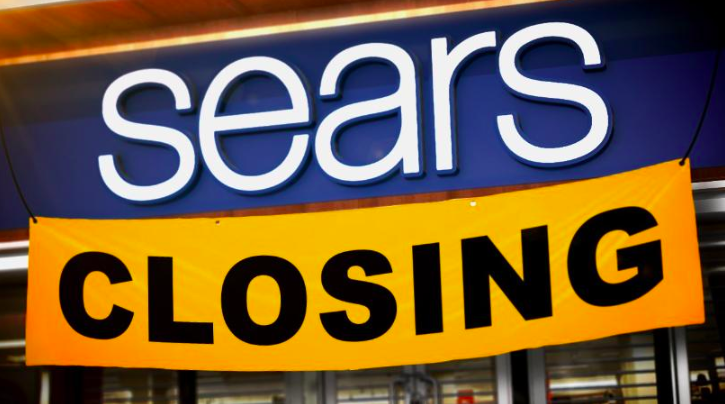Better Accountability Could Have Saved Sears
I’ve always believed that accountability is achieved when people feel a sense of belonging and personal pride of being part of a great organization, with great leaders, doing something worthwhile.
Once employees truly buy into the meaning and mission of an organization, all they need is a road map of where the organization is headed, what needs to be done, and when it needs to be completed. With this road map they can see how their work contributes to the overall success of the company.

A Troubled American Retail Giant
An Undisputed Retail Leader
Throughout most of its history, Sears led the way in retail. It’s fair to say that Sears redefined the shopping experience for Americans several times over its 80 year history with things like:
- Catalog shopping
- Direct delivery to customers
- A huge variety of goods from tools and appliances to clothes and prefabricated homes
- Shopping mall anchoring
- Financial services
For many years, Sears was able to tune into the prevailing trends of the fickle American consumer and lead the way for the rest of the industry. So, what happened?
Leadership
Everyone has an opinion of why Sears finds itself in such a mess today. Armchair quarterbacks have suggested:
- Micromanagement in lieu of a coherent strategy
- A lack of understanding of where the business is going
- An absence of forward thinking or understanding of retail trends
- A leader who does not foster or appreciate team work
- A failure to react or to restructure quickly enough
All of these issues are real enough, but it is clear that the one enabling factor is a catastrophic failure in leadership. Somewhere between top management and the rank-and-file, communication and accountability broke down.
The Fix – In Hindsight
Changing an organization’s culture is never easy. To change the failing culture of Sears, Ed Lampert, Sears’ Chairman, CEO and largest shareholder, from the moment he took over should have developed and communicated a clear vision of where the organization needed to go.
Then, through nurturing a corporate culture of team work and accountability, the entire executive team could have jointly developed the strategies to actually take the organization to that place.

Instead he chose to micromanage, to dictate, and to isolate his entire team. They were not privy to the organizational goals or strategies, as team communication was piecemeal with a focus on the short term. Team members never felt that they were a part of the solution.
Without winning the hearts and minds of the employees, from upper level executives to store clerks, by not letting them see the importance of their role in the transformation of Sears, Lambert was unable to create the momentum that comes from a team working for a common goal.
Without effective team work and accountability in the workplace no real change can be effected. Defining expectations, communicating those expectations, measuring execution, and following through with rewards and consequences for results will make or break any organizational transformation.
Learn more by downloading our Ultimate Guide to Accountability in the Workplace here:

Accountability
It isn’t easy, once a vision and a set of strategies are defined, to drive accountability at all levels.
Fortunately, there are tools like CommandHound that have been developed from the ground up to drive accountability in business. Fortune 2000 companies use these tools to assist them in institutionalizing accountability to effectively drive their visions and strategies.
By clearly communicating what needs to be done across organizational boundaries and by tracking actual execution at the individual contributor level, tools like CommandHound efficiently enable the connection between people and results.
Business leaders can then shift their attention to more strategic endeavors knowing that things are getting done.
Would you like to learn more about how an effective accountability strategy can drive strategy?
